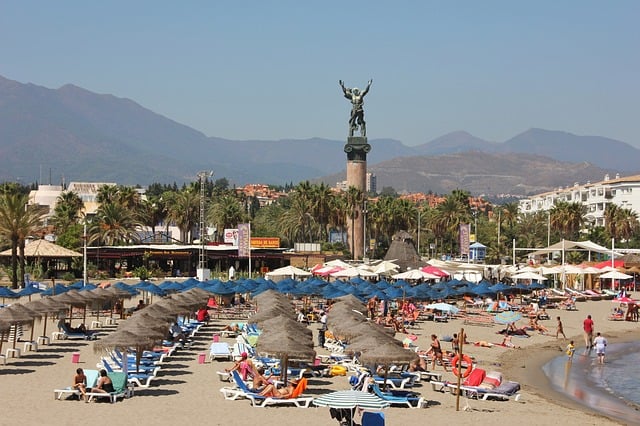If the current vaccination rate is maintained however, that number could drop to 15 million, , according to the study by consultancy group Simon-Kucher & Partners.
The study points to a “positive, but limited” tourism recovery in 2021 and argues that delays in the vaccination plans could cause Spanish tourism to lose almost 60,000 million euros.
The report suggests that there are three key factors that will reactivate tourism in Spain this year: the speed of the vaccination drive in Spain and in its main tourism markets, the new predisposition to international travel, and the recovery of the tourism industry and what it can offer.
However, the study also shows that around 29 percent of Europeans do not plan to travel internationally this year, even if they’ve been vaccinated. This could further dampen the hopes of those who work in the Spanish tourism industry.
“The study shows that vaccination in Spain is not everything. There are two sides to this coin, since most tourists consider vaccination more important in their own country than in the destination they plan on travelling to. This makes the development in the markets of origin equally important to the acceleration of vaccination in our country,” says Carles Munich, director of Simon-Kucher & Partners.
The study also points out that the British market depends 25 percent more than other markets on the effectiveness of the vaccines to be willing to travel internationally again, whilst also keeping in mind the new barriers caused by Brexit.
German tourists “show less willingness to travel internationally in 2021 than other markets, regardless of epidemiological pressure”, explains the consultancy.
The study also emphasizes that the tourism offer has changed because less than 40 percent of the hotels are currently open. The decrease in supply will also affect the demand for it.
“We fear that the price drops, which in January averaged 25 percent, will increase and a price war will ensue when demand returns,” explains Miguel Afàn, partner of Simon-Kucher and head of the tourism and leisure sectors.
Spain recorded fewer than 20 million foreign visitors and recorded a 75 percent drop in revenue last year.
READ MORE: ANALYSIS: How soon can Spain hope to welcome back tourists?



 Please whitelist us to continue reading.
Please whitelist us to continue reading.
Member comments